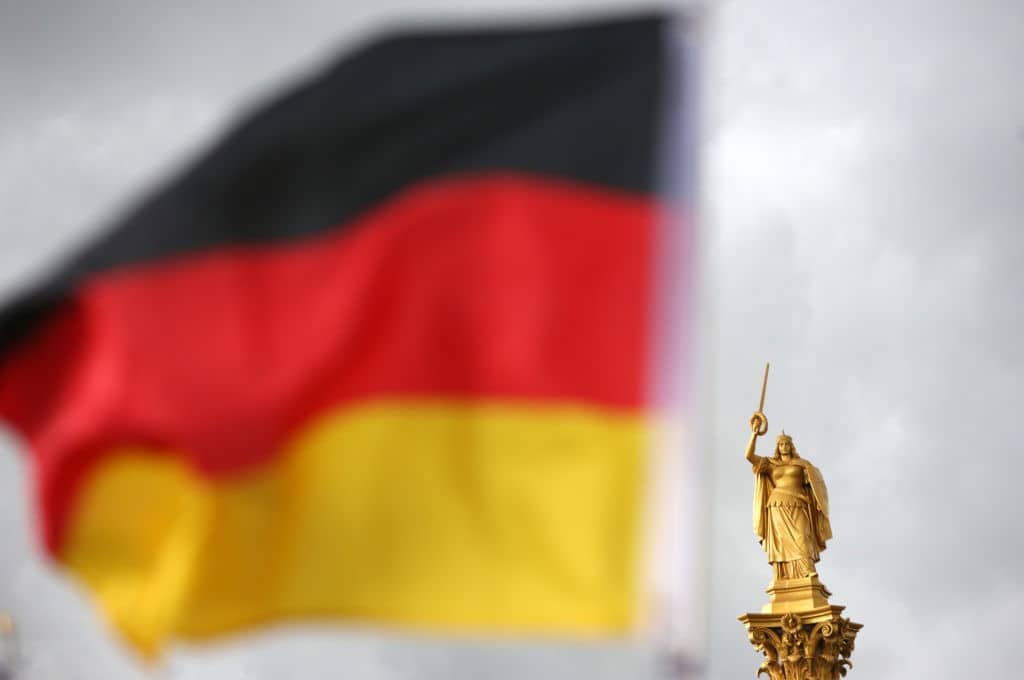The 9 November is often called Germany’s Schicksalstag – Day of Fate. The date punctuates the fabric of the country’s calamitous search for a political identity like no other: from its origins as a constitutional monarchy, through democracy, dictatorship and division. As every year, today too marks a point of introspection for my compatriots. Let’s hope they use it well: German democracy has come a long way, but it is far from perfect.
On 9 November 1918, Germany’s first democratic experiment as a nation state ended in spectacular failure. Only the third German Kaiser since the country’s inception in 1871, Kaiser Wilhelm was forced to abdicate, and with him fell the German Empire. The country’s first parliamentary system had included free elections through universal male suffrage and a free press. Yet it had been unable to prevent the deadliest conflict the world had seen up to that point.
But the First World War also compounded Germany as a nation.

Britain’s best politics newsletters
You get two free articles each week when you sign up to The Spectator’s emails.
Already a subscriber? Log in







Comments
Join the debate, free for a month
Be part of the conversation with other Spectator readers by getting your first month free.
UNLOCK ACCESS Try a month freeAlready a subscriber? Log in